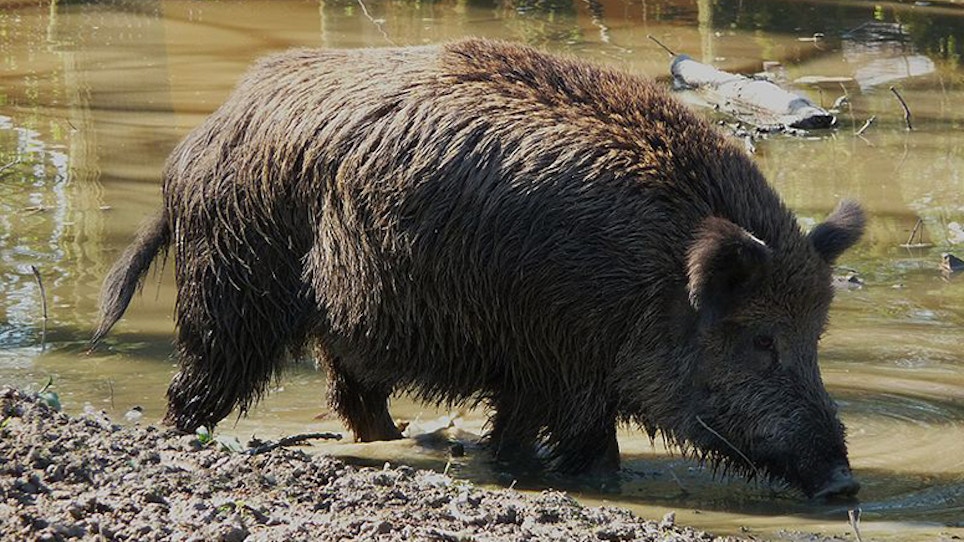Japan is experiencing a wild pig epidemic similar to the U.S., but it comes with a twist.
The Fukishima nuclear disaster zone in northern Japan is being rampaged by wild pigs contaminated with radiation. The animals are also “breeding like rabbits,” The Mirror Online reported, which is causing the issue to get continually worse.
Around 13,000 wild pigs are in the 12-mile exclusion zone at the plant, which has been closed since a nuclear disaster in 2011. The population increase is 330 percent higher than prior to the disaster. The Times reported the pigs have caused more than $12 million in damage.
The rapid reproduction also has nearby citizens’ safety at risk. Population expansion has caused local officials to set traps and electric fences, according to The Japan Times. These tactics began in 2013 but have been ineffective.
Prior to the meltdown, the area was frequently cleared. The Daily Caller reported the area near the reactor is no longer being cleared, which allows the pigs ample space to hide.
“It’s a cat-and-mouse game because they reproduce quickly,” said conservation official Hiroshi Sakai, according to The Times.
Hunting and trapping continues today, but government officials are running low on places to dispose of wild pig corpses and incinerated remains. Dead pigs cannot be eaten because of the radiation.
Fears of the problem continuing to worsen get closer to reality as time goes on. The 1986 Chernobyl disaster in Ukraine caused radioactive wild pigs to continue appearing for years. This includes in Germany, which is more than 600 miles from the disaster site. The Asia Times reported wild pigs from the Chernobyl disaster still pop up around Europe today.
Photo courtesy: 4028mdk09






